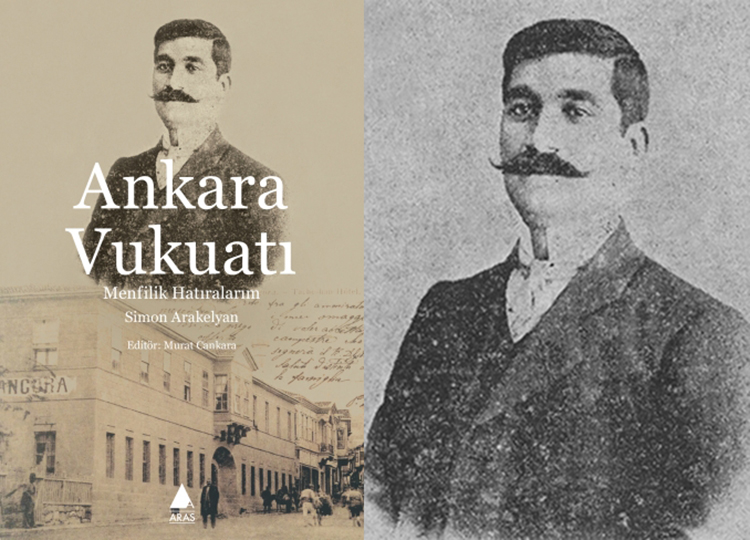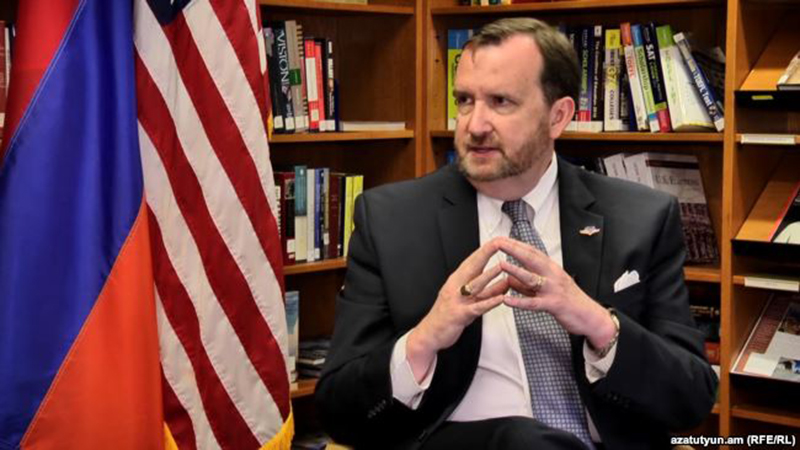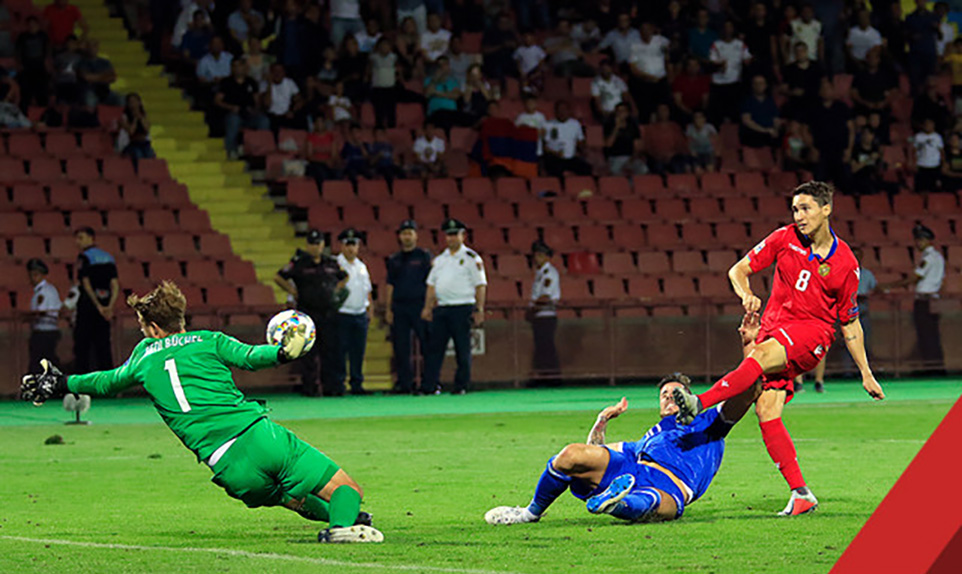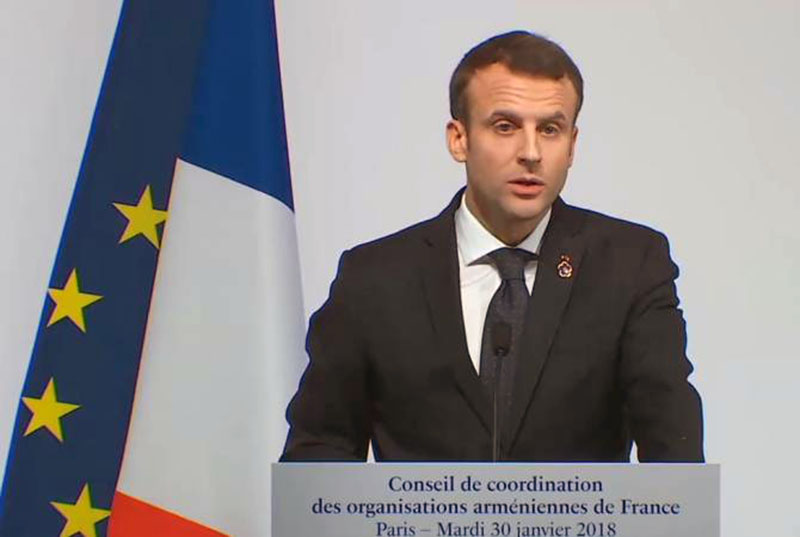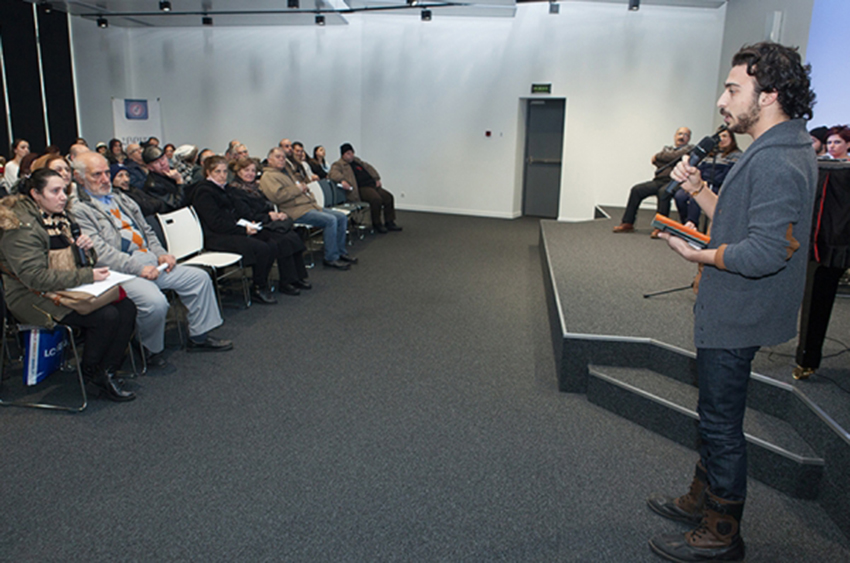ISTANBUL — Simon Arakelyan, a Catholic Armenian from Ankara, tells the story of a terrifying 122-day journey during the Armenian Genocide.
An authentic and vivid account on Armenian Genocide, which was long-forgotten, finally came to light. In “Ankara Vukuati: Menfilik Hatiralarim” (The Ankara Incident: My Memoir of Exile), which is the chronology of a terrifying 122-day journey, Simon Arakelyan, a Catholic Armenian from Ankara, tells the story of his survival during the Armenian Genocide. The book, which was written in Turkish with Armenian alphabet, is published with Latin alphabet for the first time.
According to Arakelyan’s account, Catholic Armenians, who dreaded the day they will be murdered in the midst of the massacres of Orthodox Armenians, were eventually arrested in groups and sent on a death journey, during which they struggled with maltreatment, assaults, hunger and conditions of nature. The next destination after the first stop in Tarsus was deserts of Deir ez-Zor, where there was hardly any chance of survival. Thus, there was only one thing on Arakelyan’s mind: Escaping from the death march to Deir ez-Zor at all costs. Fortunately, he had a lucky break. Following his breathtaking escape, he published his memories full of anguish in 1921.
This memoir sheds light on several subjects at first hand: Sufferings of Catholic Armenians, who were not massacred or deported according to official history narrative; conditions of the deportation; confiscation of Armenian properties and Great Ankara Fire in 1917. However, this is not the only significance of the book. This text depicts the feelings of an average Armenian man in the Ottoman Empire in those days, how he made sense of what he went through and his self-contemplation in an explicit way.
Edited and transcribed by Murat Cankara, this work also includes the transliteration of the original text for those who’d like to read Arakelyan’s own words written in a sophisticated Ottoman Turkish.
Simon Arakelyan
We know very little about Simon Arakelyan. He was born and raised in Ankara. In 1922, he immigrated to France, acquired French citizenship in 1939 and passed away same year. He was a Regie officer, married and had a daughter. His mother tongue was probably Turkish and his French, Ottoman Turkish and Armenian were pretty good. After the Armistice of 1918 (Mudros), he testified in the investigation on massacres of Armenians in Ankara. Ankara Vukuati is his first and only work.

